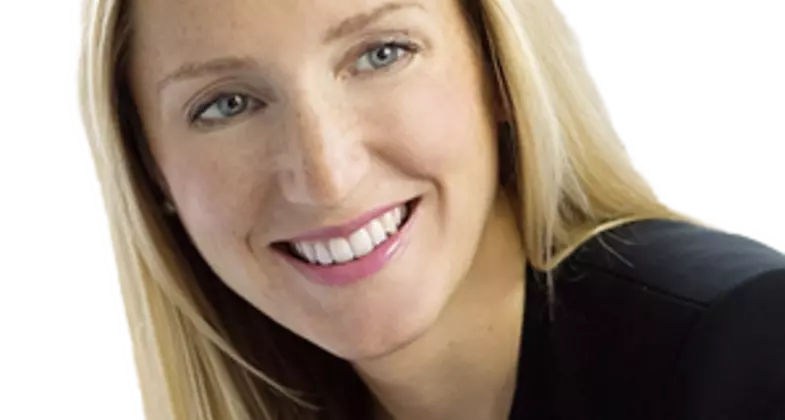How to write a Finance CV that will get you an interview
Applying for a Finance Director role is a competitive process with applications running well into the hundreds for each position. The majority of applications are from relevant, high quality candidates. In the face of such competition how do you write a CV that will make your application stand out? I’ve outlined a few CV tips that will give you the best chance of getting an interview.
Tailor it to the role
Most people are guilty of submitting the same version of their CV to every role they apply for. The most effective CV’s are those that have been tailored to the role in question. Consider your CV as the solution to your potential employer’s problem, look at the role to understand what challenges they face and what they need from you as a Finance Director. Tell them what experience you have that proves you can solve their problems and tell them quickly, ensuring your most relevant experience is at the top of each role.
Make it personal
Don’t blend in with a generic introductory statement. “Strategically focussed Finance Director, with gravitas and leadership skills….” sound familiar? Your potential employer is likely to receive many introductory statements like this. In my view an introductory statement should quickly answer the question of why you are the best person for the job and highlight the specific relevant experience that sets you apart from other applicants. If it’s helpful, use bullet points and don’t be scared about briefly highlighting a key relevant achievement that you later expand upon in your CV.
Keep it professional
Humour? It’s more likely to turn people off than on, so leave it until the interview.
Avoid cover letters
Cover letters are frequently used in lieu of tailored CVs, however unless an employer has specifically asked for one, I’d recommend investing the time in tailoring your CV instead. Often cover letters are not passed on to the hiring manager, and even when they are, it relies on them reverting back to your cover letter to see if you have provided additional relevant information to that on your CV. If your relevant experience is detailed on your CV, it won’t be overlooked.
Focus on results
You should outline your main responsibilities of each role but ensure you also articulate what you achieved during that time. How did the business benefit as a result of you being there? If you can, quantify your achievements – numbers speak volumes! The reader will recognise that if you have delivered such improvements in the past, you should be able to do the same for them. A powerful message.
Length versus relevance
If it’s relevant, it’s valuable. In my view it doesn’t matter if this means your CV runs over two pages. Bear in mind though that your experience in the last three to five years is what the reader will be most interested in so that’s the time period you need to detail. Try to make your experience prior to that as succinct as possible, your CV should show the progression you have made, breadth of roles and any key achievements.
In such a competitive market you need to ensure that your CV stands out from other applicants’. Take the time to make sure your relevant, specific experience is succinctly communicated as quickly and professionally as possible.


